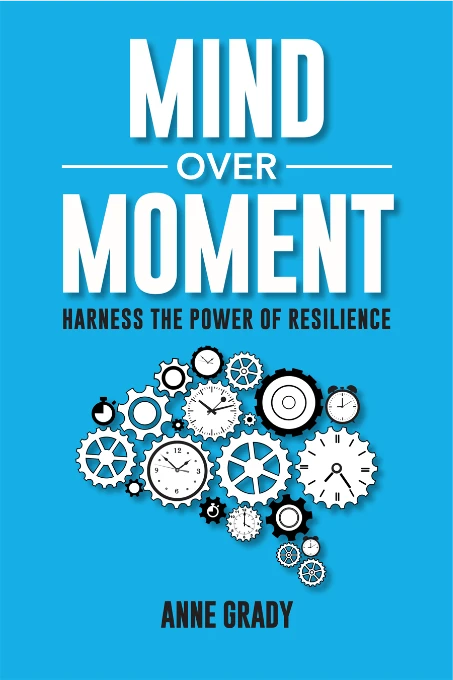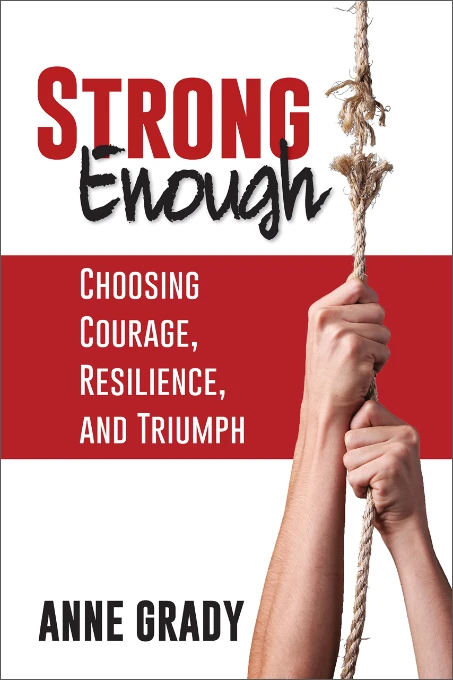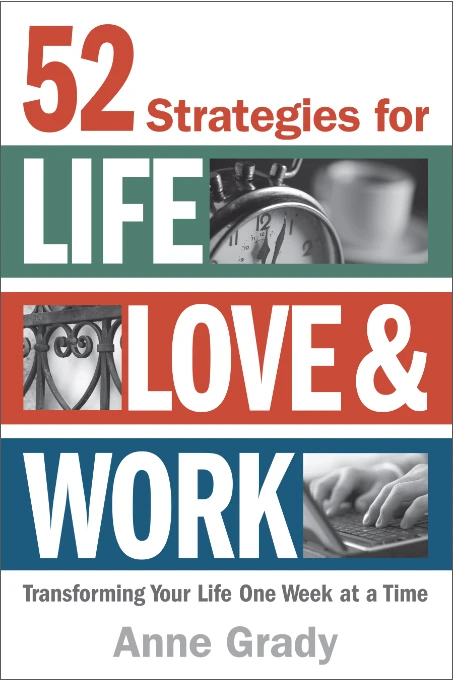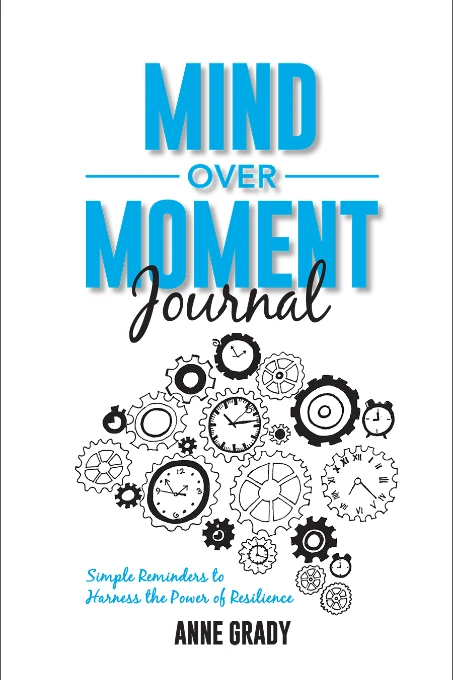Are You A Tapper?
Are You A Tapper?
Are You A Tapper?
I recently started reading Made to Stick by Chip and Dan Heath. It’s a really interesting look at how to really make ideas and communication “stick”. They explain a study in the 90’s in which a Ph.D. candidate created a simple game. She assigned people one of two roles: tappers and listeners.
Basically, the tappers got a list of simple songs that most of us know: Happy Birthday, The Star-Spangled Banner, Old McDonald, etc. The listeners had to guess what song was being tapped. Simple right?
The tappers anticipated that the listeners would guess the songs correctly 50% of the time when, in reality, they only got it right 2% of the time. The tappers were becoming increasingly frustrated with the listeners. After all, how could you not guess Happy Birthday when tapped out on a table?
They found it was due to “the curse of knowledge”. Once we know something, it’s hard to imagine what it was like to not know it. Because the tappers knew what song they were tapping, they actually heard the song in their head. It was impossible for them not to hear the song when tapping, which made it difficult to understand why
the listener couldn’t figure out the song.
Ah, the curse of knowledge. What seems so completely common sense to us, based on our knowledge or frame of reference, can be perceived so differently from someone else who is looking at the situation from their perspective.
This happens in work, at home, and in every area of our life. If you’ve ever had a conversation with someone and felt completely frustrated because they just didn’t “get it”, you’ve been a tapper. If you’ve been on the other side of the conversation and been frustrated because the other person is completely convinced their right, and you think they’re nuts, it might be because you can’t hear the song in their head.
Are you a tapper? Since you can’t unlearn what you already know, it’s important to take time to hum the tune for others. Be careful not to expect people to automatically know things that seem second nature to you. You’ll spend a lot of time frustrated, and they still won’t get it. What tune will you tap this week?
Subscribe to Anne's Resilience Reset Email!
Anne breaks down the daily habits and skills needed to grow and cultivate RESILIENCE.
If you can’t say something nice, don’t say anything at all.
Most of us are taught this simple lesson when we are kids. Unfortunately, it is not always practiced once we are adults. The human tendency to attribute our behavior to our intent and others’ behaviors to the type of person they are is referred to as the fundamental attribution error. Someone runs a stop sign, and we think they are a jerk. We run a stop sign and “oops”.
Regardless of our intentions, people only know what they see through our actions, and we only know what we see through the actions of others. In between our intentions and our actions lies a chasm.
How do you bridge the gap between intentions and actions? Try the following strategies 👆👆

Anne Grady is a Speaker, Author, and #TruthBomb Dropper.
Anne shares practical strategies that can be applied both personally and professionally to improve relationships, navigate change, and triumph over adversity. And she’ll make you laugh while she does it. Anne is a two time TEDx speaker, and her work has been featured in numerous media outlets, including Harvard Business Review, Entrepreneur, Forbes, Fast Company and Inc. magazines, CNN, ESPN, and FOX Business. She is the best selling author of 3 books. Her newest, Mind Over Moment: Harness the Power of Resilience, is available on Amazon now.






Busted. I’ve fallen into this trap many times and allowed it to frustrate me. Thanks for the reminder.
Been there, done that, still wearing the t-shirt 🙂
Very good. This give me some ideas for our Strategic Planning in a few weeks. I might have our team to try this exercise.
Thanks!
Hi Eddie! Great to hear from you. Let me know how the activity goes!
Good Morning Anne thank you for all you do. Every one of you posting hit right on the money. I really love reading your posting and look forward to reading them al the time. I guess I am a tapper, I will stop and learn to hum the tune. Have a Blessed Day!
An absolute truism in the arena of customer service and support if there ever was one. The example really makes it clear and easy for others to understand.
-Jay Grady (who has somewhat of a relationship with the blog’s author, though I caaaan’t quite put my finger on it…hhmmmm)
Excellent word. Knowledge or lack of has tripped me up in many conversations. I’m guilty of being the frustrated tapper and listener. Now I step back in either situation, take a breath and remember John Maxwell’s statement “people don’t care what you know until they know that you care”. Thanks for the encouragement!!
Thanks Nita! I love John Maxwell…got to see him speak a couple years ago…hilarious and so motivational.
Hope to see you at the conference!
It takes two to tango and the listener may have poor listening skills as well. I have learned to pay attention to what I’m thinking when listening to someone. The instant one begins to formulate a response is usually the instant they stopped listening and miss the most important element of what is being said. I have learned to listen with my entire being or I miss valuable information.
Hey Loyd,
Great to hear from you! You’re so right. If you can teach others how you’ve learned to do that, you’ll be a very rich man!